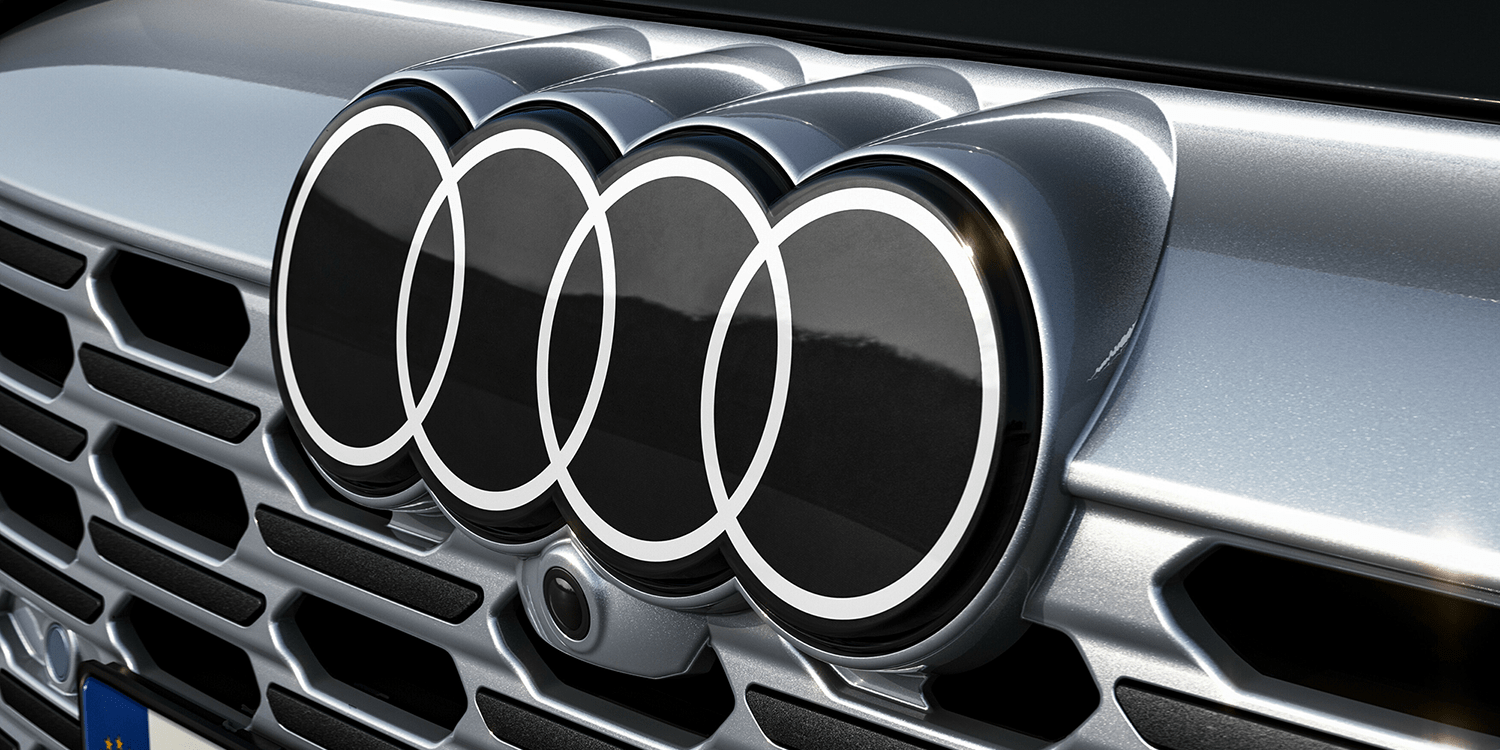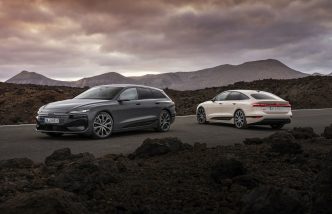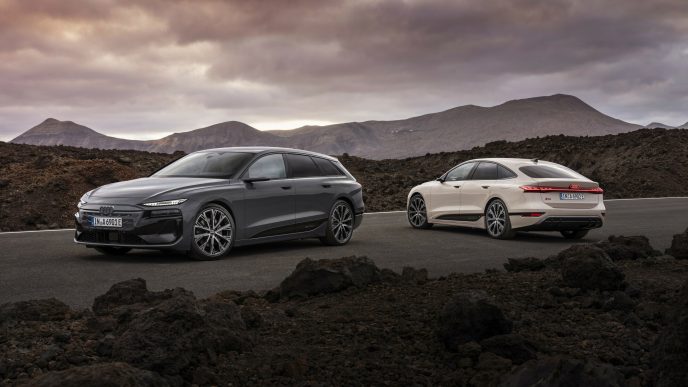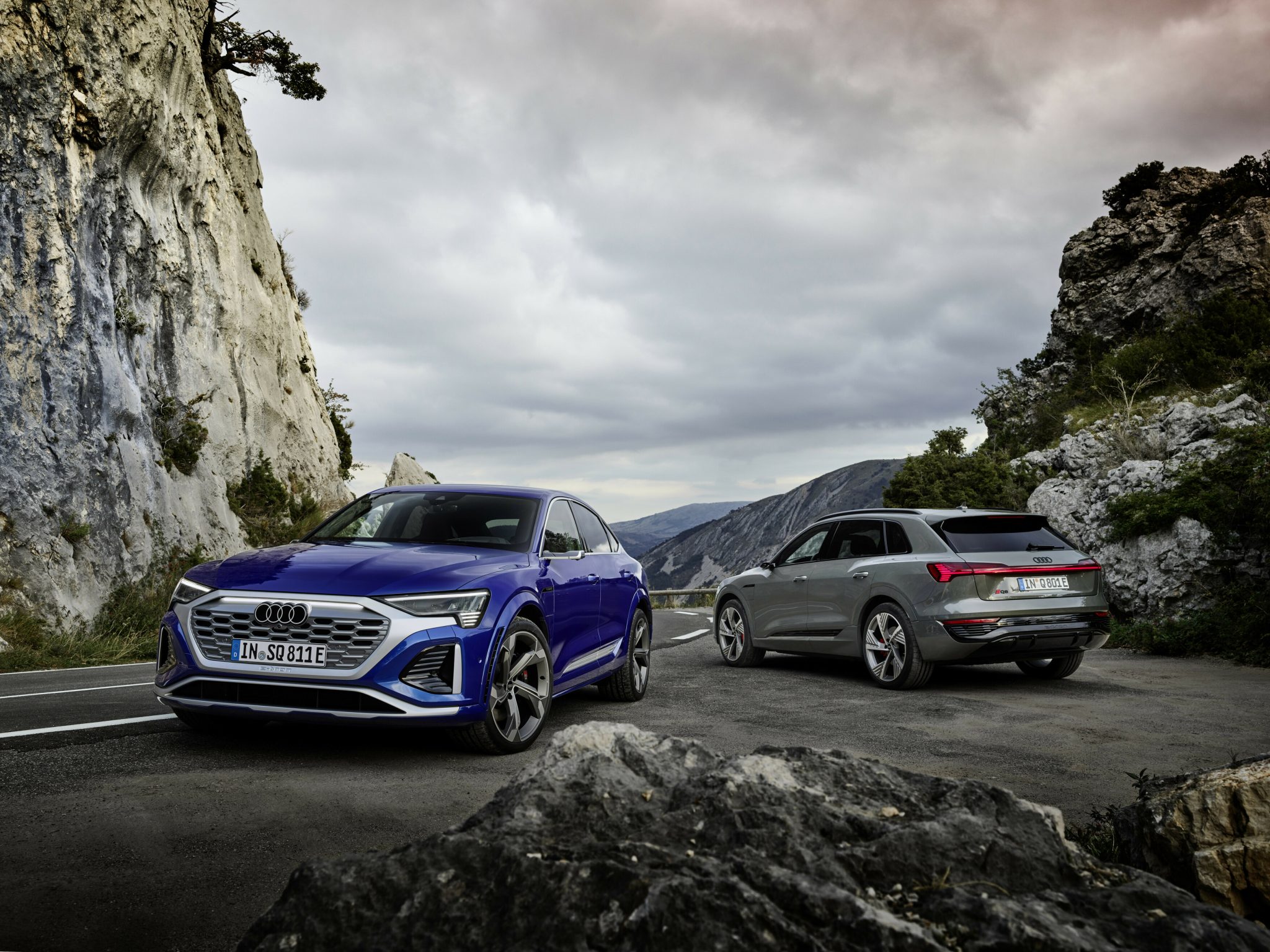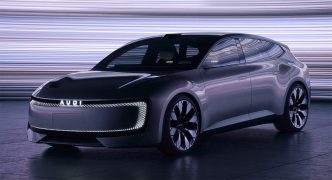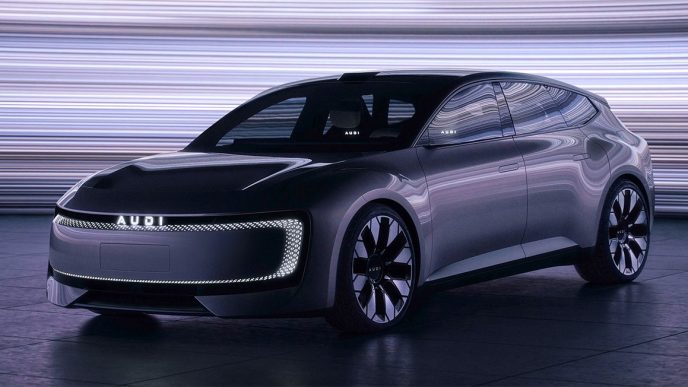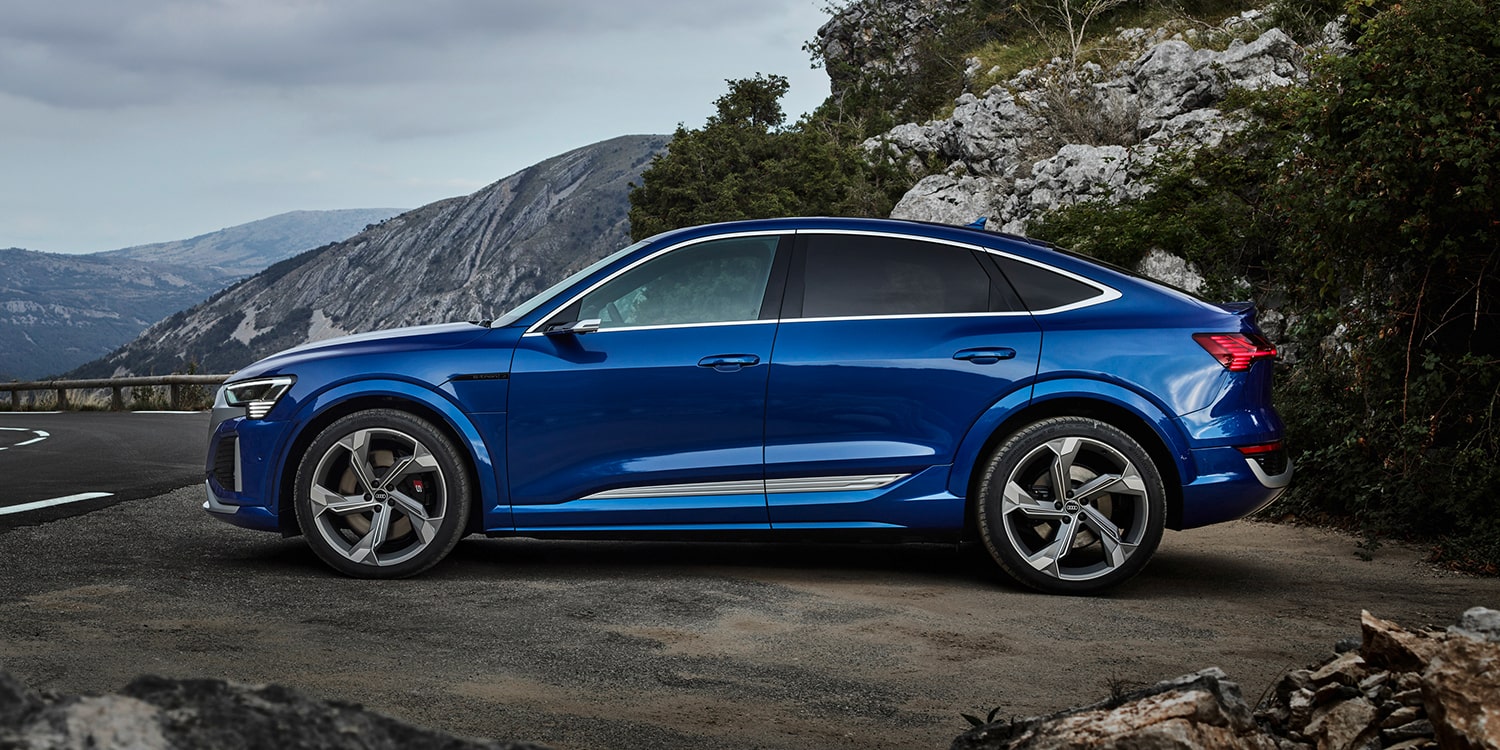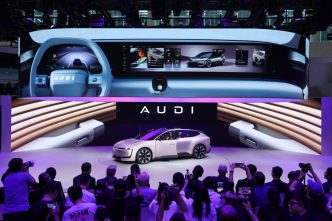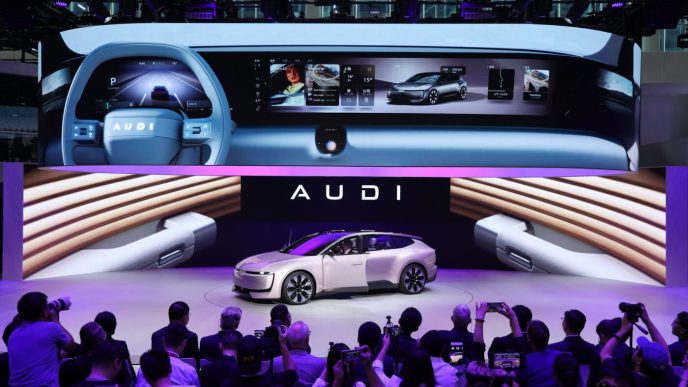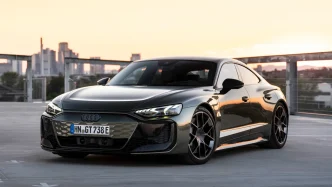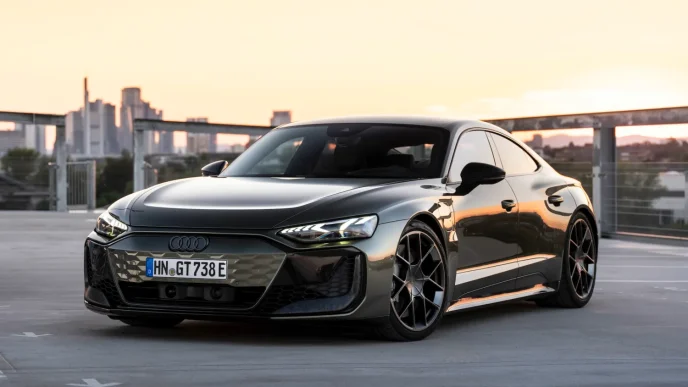Audi has encountered difficulties in finding a suitable investor for its factory in Brussels, heightening the potential for a plant closure. Volkswagen (VW) has also attempted to identify alternative uses for the facility but has not succeeded.
On Tuesday, Chief Operating Officer Gerd Walker stated that none of the 26 interested parties had presented a “viable and sustainable concept” for the future of the factory. An internal search within the Volkswagen Group for future vehicle production or alternative functions for the site has yielded no results.
Throughout the year, Audi has publicly expressed concerns about the Brussels plant, where the Q8 e-tron and its Sportback variant are currently manufactured. The successor to the Q8 e-tron is set to be produced in Mexico, and Audi has indicated that no new models will be assigned to the Belgian facility. The challenges faced by other German sites within the VW Group have further diminished the prospects for Brussels, even for potential production from other Group brands.
In mid-September, Walker acknowledged in an interview that the company was focusing on identifying potential investors. However, this search appears to have been unsuccessful. Following an extraordinary works council meeting, Walker disclosed that 26 interested parties had engaged with Audi, but the details of their offers remain undisclosed. It remains unclear why Audi rejected all proposals, although one potential investor reportedly revised their offer recently, indicating some level of interest.
Brussels is now poised to become the first VW plant in Europe to face closure, with around 3,000 factory jobs at risk, according to Ronny Liedts, the negotiator for the ACV-CSC union at the plant. Liedts criticized Audi’s approach, stating, “The only thing they want to do is close the plant as quickly as possible. None of the alternatives work for them.”
Audi has consistently argued that the plant’s location poses obstacles to expansion and internal logistics, essential for operating the site profitably. The facility, situated directly on a railway line, lacks accessible expansion areas. Additionally, the absence of a body shop on-site necessitates sourcing important body components from other plants, hindering standalone production.
Despite these site-specific challenges, Audi is also grappling with dwindling demand for the model produced in Brussels. The plant has a designed capacity of 120,000 vehicles per year, but Audi reached a production peak of only 47,900 vehicles in 2022. In contrast, the company manufactured 37,400 Q8 e-tron vehicles in 2023, and according to VW Group’s Q3 delivery figures, Audi has delivered just 23,900 units of the large electric SUV this year. Reports in August indicated that Audi plans to deliver only 6,000 vehicles to customers in 2025.
Source: bnnbloomberg.ca

